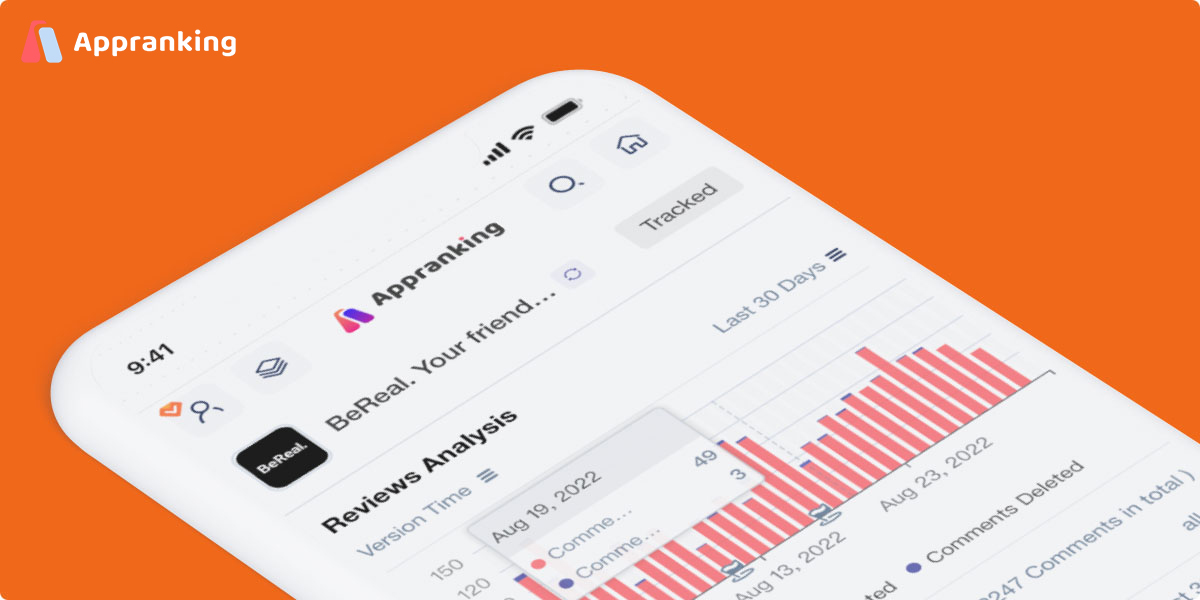
The early days of online advertising were all about clicks.
Driving viewers to a website was considered the ultimate end game for ad teams, leaving converting that traffic purely on the website team's shoulders. And so, for advertisers, getting the most digital advertising clicks for the campaign budget was pretty much the main strategy.
But over time, most marketers realized that not all clicks are created equal, and some clicks are downright worthless. Quite simply, clicks that convert are worth time and budget, while clicks that don't drive action are worth much, much less.
That's why it is a best practice to set bids based on results, not clicks.
What Is Bid Optimization?
Many digital advertising platforms offer automated bidding. Better bidding is treating each search keyword, social ad, or programmatic display/video bid as its own individual entity.Bid optimization means avoiding setting the same bids at high-levels across multiple items unless you literally don't have time to manage your online campaigns at this level of granularity.
What is the best practices for bid optimization?
Track everything
Make sure each of your ad teams can easily view and measure the final performance of the biddable traffic they send to your website. This way they can optimize bids on their end.Bid as low as possible while maintaining results
And even if you are automating your bidding, testing frequently to measure the efficacy of your bids is crucial toward understanding what's working for your campaign budget and strategy, according to Bethany Bey, a PPC account executive at Hanapin Marketing in an interview with WordStream:“Even though I use automated bidding, I still increase/decrease the target or max amounts just to test the effect. For example, how many conversions will I lose if I decrease target CPA by $1? I usually let these tests run for about 2 weeks.”
Every bit you can shave off your click cost means more traffic you can squeeze out of the budget.
Here's a simple math example:, if your average cost-per-click (CPC) is $1, lowering the cost to 90 cents, means 10% more traffic. If performance stays the same, that's 10% more ROI. Bidding optimization is about much more than simply bidding on the right keywords, or even the right results, it's about making the most of your marketing spend by spending smarter.
Stay diligent with your bidding
Bid values change over time. What may have been a good bid a few months ago might not be the best bid today. Seasonality is one of the biggest, yet most often ignored, factors when it comes to bid optimization.Just think of the ways that search changes around holidays, market fluctuations, consumer behavior, or even weather patterns. Don't get stuck paying for a summer vacation keyword come Christmastime.
Conclusion
Bidding based on actual results, rather than on the number of clicks, is a more accurate and affordable approach.But clicks actually do matter when tracking is poor. The reality of online ad measurement is that not everything is trackable. A click from a month ago may result in a sale on another device or even a person recommending a purchase to a friend. So, clicks do matter.
If you can track them, then use that. But if your tracking isn't optimal, then bidding for the most traffic is actually not a bad strategy.
Empower your team with our App Marketing Intelligence
Free forever. Cancel anytime.


